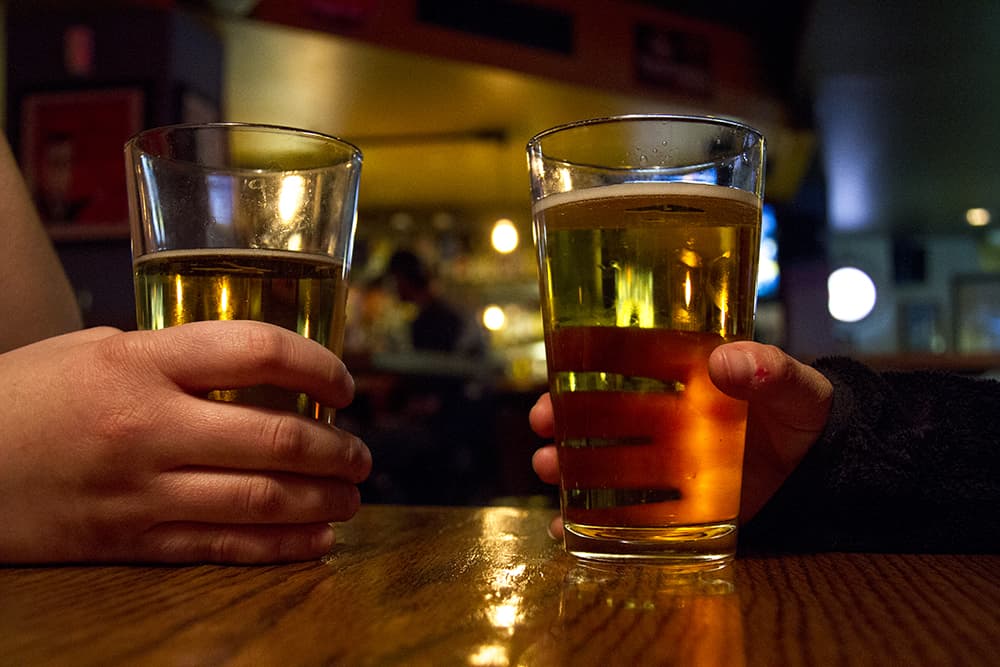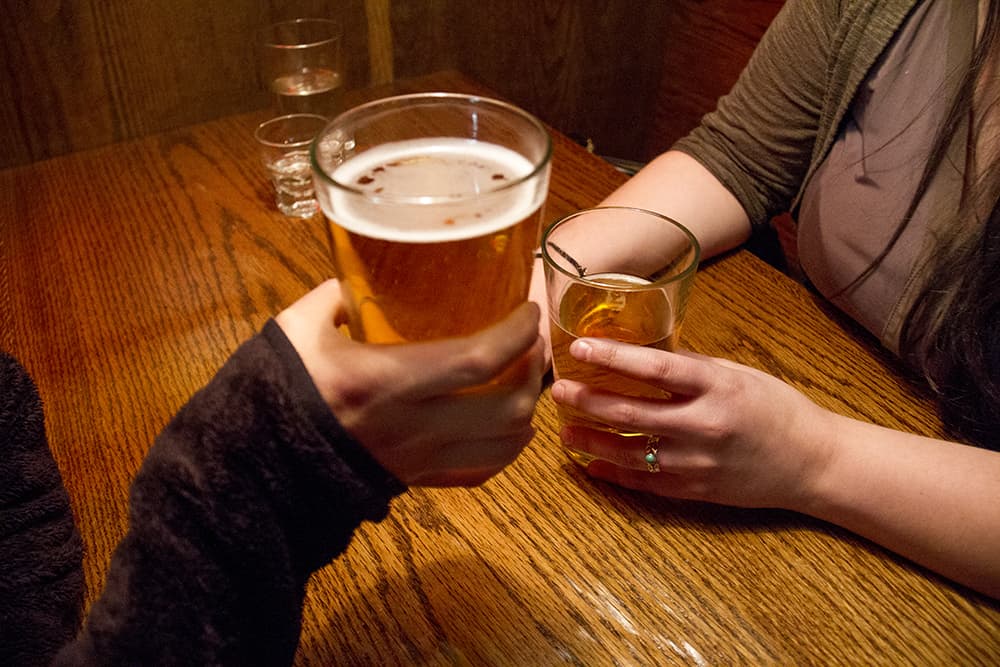
The leaders of four of the nation's most innovative craft breweries didn't mince words Thursday when talking about what it means for their peers to sell out to Anheuser-Busch, SABMiller and other beer giants.
The head of Colorado's own New Belgium Brewing Co., Christine Perich, told attendees of the Great American Beer Festival that "you have to know when you (sell), you're walking away from your core values and beliefs."
Perich made the comments during the panel on the importance of brewers remaining independent and the future of American beer. The topic is especially important as big brewers like AB InBev scoop up craft breweries across the country.
The wave of acquisitions hit Colorado last year when AB InBev bought the state's fifth-largest craft brewer Breckenridge Brewery. For a brief moment, there was also concern the state's largest — and nation's fourth-largest — craft brewer New Belgium was also being purchased.
AB InBev and its peers are competing with craft brewers for beer drinkers' dollars. Buying a craft brewery is a quick way for the beer giants to nab an existing customer base and appeal to craft drinkers.
Remaining independent is so important to Colorado beer makers that New Belgium and 13 other brewers broke away from the Colorado Brewers Guild, the state’s primary association for brewers, earlier this year to start a new group exclusively for craft brewers.
Selling to a macro-brewery isn't just blasphemous in Colorado.
The head of San Diego-based Modern Times Beer, Jacob McKean, said if he did it, it would be like "throwing a hand grenade over my shoulder on the way out the door."
McKean and Perich were joined by the Brewers Association CEO Bob Pease and the heads of Delaware-based Dogfish Craft Brewery, Sam Calagione, and Maine-based Allagash Brewing Co., Rob Tod.
Calagione says he's rejected purchase offers from big brewers. Tod said he gets weekly calls from investors offering cash for a stake in his brewery.
"I'm completely uninterested in selling," Tod said. "I didn't get into this for money. I got into this to give people unique experiences with beer."
Perich said selling might seem like a good offer for those who are struggling to grow. Big brewers have deep pockets that can help with reaching a larger customer base and getting ahold of hops and other raw materials.
"I think where this is coming from is you have breweries that have successfully grown and they've kind of hit a wall and there not quite sure what to do," she said.
If you're a brewer that decides to sell, "you have to be OK with letting (core values and beliefs) go because you've lost control. You can't decide you're going to invest in your community or invest in your coworkers in a way that isn't beneficial to the bottom line."
Perich said not every person is going to know or care about who made the beer they're drinking. Others don't know the difference between craft and "faux-craft" like Blue Moon Brewing Co. which is owned by Molson Coors.
"Our job is to be transparent and drive that point home, and it's up to beer drinkers to decide if they do care or don't," Perich said.
Business & data reporter Adrian D. Garcia can be reached via email at [email protected] or twitter.com/adriandgarcia.
Subscribe to Denverite’s newsletter here bit.ly/DailyDenverite.













